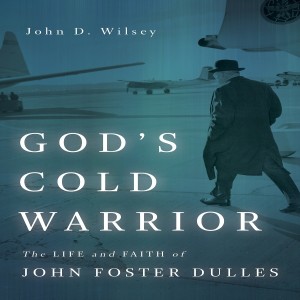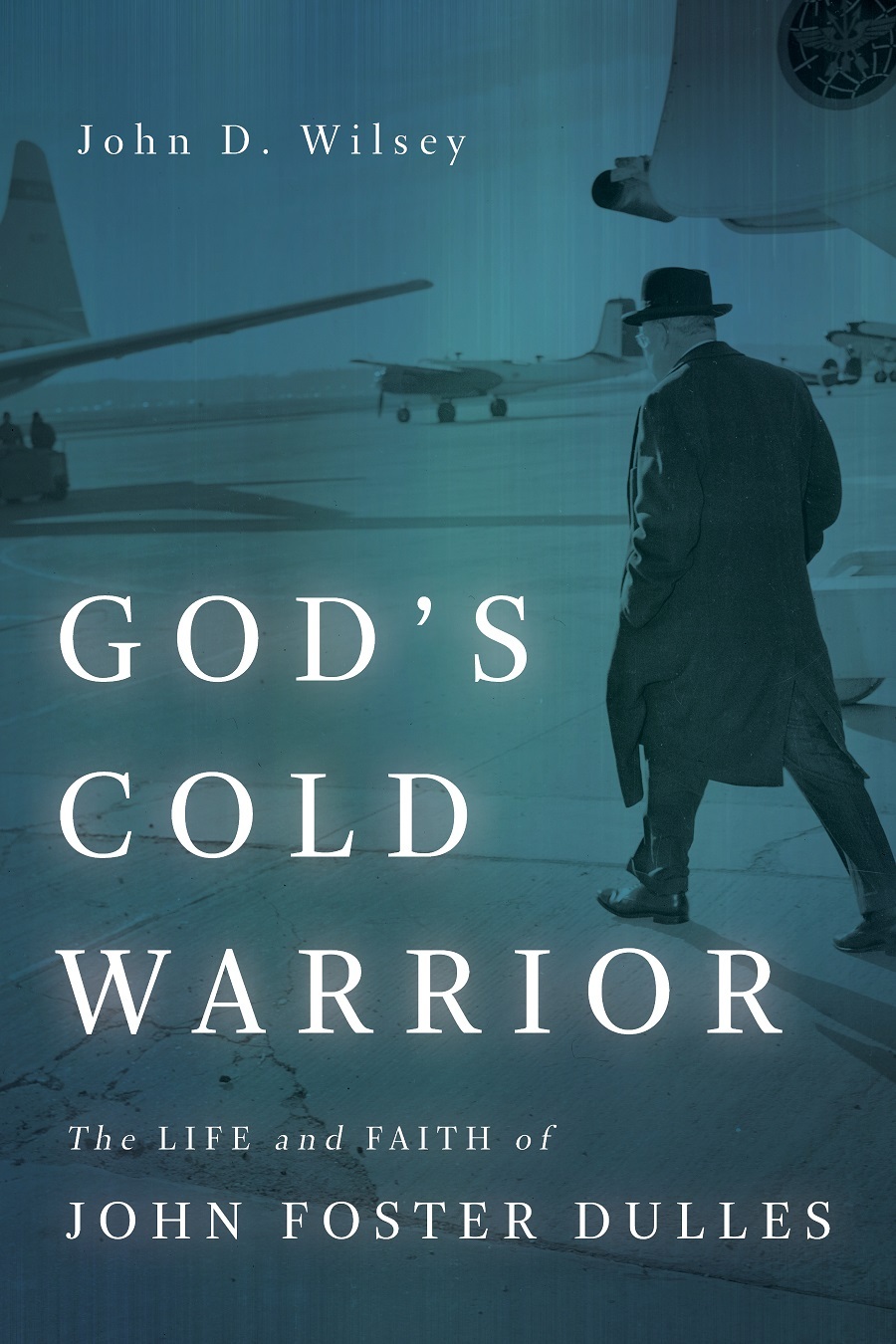Episodes

Wednesday Oct 05, 2022
God’s Cold Warrior: The Life and Faith of John Foster Dulles w/ John D. Wilsey
Wednesday Oct 05, 2022
Wednesday Oct 05, 2022

On this edition of Parallax Views, a previously unpublished conversation with John D. Wilsey, associate professor of church history at The Southern Baptist Theological Seminary in Louisville, Kentucky, about his book God's Cold Warrior: The Life and Faith of John Foster Dulles. In past episodes, John Foster Dulles and his brother Allen Dulles have been discussed critically for their role in 20th century U.S. foreign policy. John Foster Dulles served as a Secretary of State and his brother Allen Dulles was a Director of the Central Intelligence Agency. Both were major figures in the Cold War and were crusaders against communism. Previous Parallax Views guests such as Andrew Bacevich, Greg Poulgrain, and, most notably, Stephen Kinzer, who wrote The Brothers: John Foster Dulles, Allen Dulles, and Their Secret World War: John Foster Dulles, Allen Dulles, and Their Secret World War, have all been extremely critical of the Dulles legacy.
John D. Wilsey, although sharing many of those criticisms, was interested in examining John Foster Dulles from a different angle. Namely the role of Dulles' faith in his endeavors as a diplomat and Cold Warrior. Specifically, what was the influence of Protestant Christianity on John Foster Dulles?
In this conversation we delve into the theological framework that informed the ways Dulles thoughts about diplomacy and his view that Soviet communism was an existential threat to the U.S. We delve into the ways in which diplomat George Kennan found Dulles' framework and the religious influence on it to be dangerous and Manichean in nature. We also look at the way in which Dulles believed that the Church would play an important role in the fight against Soviet communism. Other issues covered include moral law and Christianity, the early life of John Foster Dulles, Christian nationalism (a subject that Wilsey has written extensively on), the view of the Cold War as a Manichean battle between good and evil, the paradoxes and contradictions of Dulles' thought and diplomacy, Protestant liberalism, the Federal Council of Churches, WWII, the Cold War and the threat of nuclear annihilation, Dulles as product of his time, U.S. covert wars during the Cold War, comparing and contrasting Martin Luther King and John Foster Dulles (Wilsey devotes a whole chapter to this in his book American Exceptionalism and Civil Religion: Reassessing the History of an Idea), and much, much more.
Those looking for a conversation about whether Dulles was right or wrong in his views may be disappointed by this conversation. Wilsey's book is ultimately a religious biography of Dulles rather than a critical look at his role in foreign policy. However, I believe it nonetheless sheds light on Dulles and his thinking regardless where one stands on his whether his influence on U.S. foreign policy was positive or negative.


No comments yet. Be the first to say something!